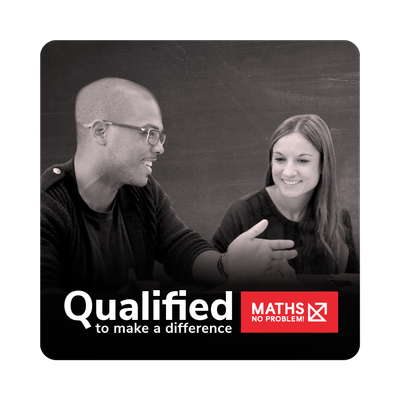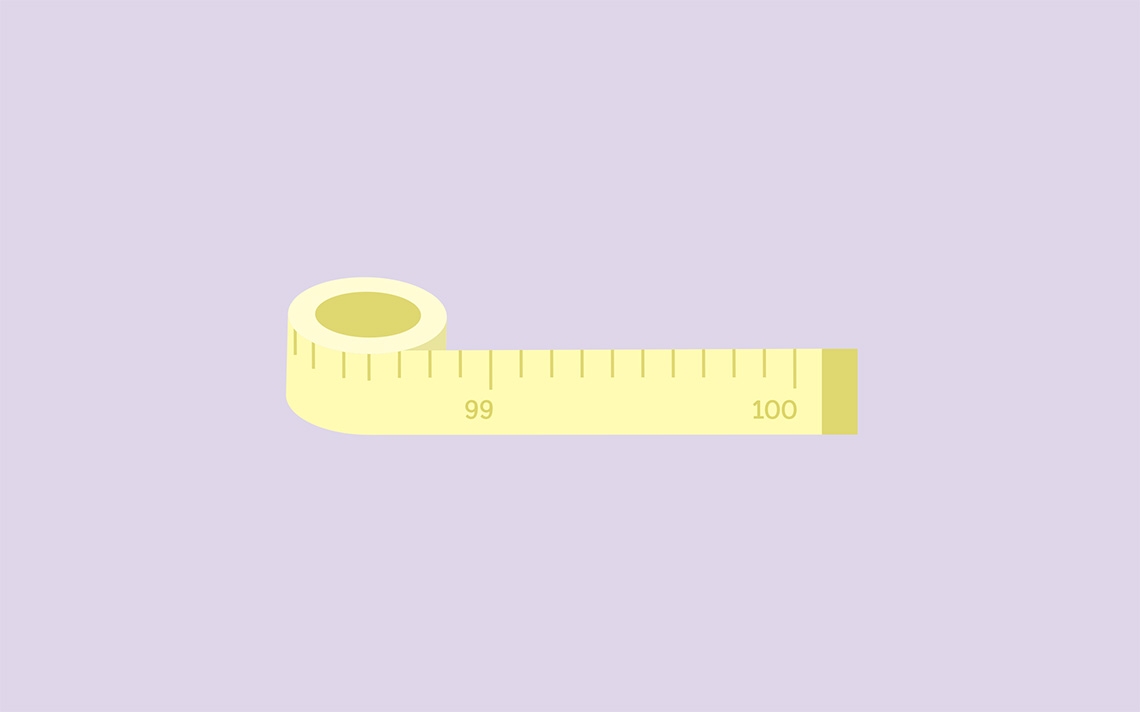School’s Out For Summer: How to gather and measure end-of-year data
Editor’s Note:
This is an updated version of a blog post originally published on July 22nd, 2019
At the end of the school year, it’s essential to take time to reflect. What worked well? What made a big impact on your learners? What hasn’t been such a success? Equally important: how do you know?
In my experience, teachers are good at identifying things they see as failures but find it harder to reflect on successes. It’s far easier to talk about what we want to improve than to take credit for things that have gone well.
It is vital for subject leaders to know the areas for improvement, this will form the basis of the subject development plan for the next year. It is equally important to take time to identify achievements, both in subject leadership and in the classrooms.
So let’s start with success. After a year of teaching maths for mastery, teachers at our school were amazed at the improvements in pupils’ reasoning skills, how they built on their prior learning during lessons, and their resilience when faced with unfamiliar problems. Recognising these classroom wins showed us that all the hard work put in during the year to change unhelpful, deeply embedded teaching practices had paid off.
Implementing maths mastery is often talked of as a journey. To get the most out of it, it’s a good idea to evaluate the effectiveness of maths mastery and adapt its use over several years. Making tweaks each year means it becomes a more effective way to improve engagement and attainment in maths.
But, before you think about making changes, first you need to identify what tools are available to you to gather information about maths this year.
How to evaluate the effectiveness of maths mastery
When evaluating the effectiveness of maths mastery, our first instinct is often to look at data. Data can give you valuable information about attainment, but it doesn’t give you the details you need to assess the impact of your teaching.
How can you find out which teaching approaches have been most powerful and had the greatest impact on pupils’ learning? Here are some starting points:
1. Ask them
Headteacher Dawn Copping suggests creating the opportunity to talk to learners about what they’re learning, what they know now, what they didn’t know, and how they know they’re making progress.
2. Let them take the lead
Why not ask pupils to teach a concept to you? The way they explain and their choice of resources or images gives you a unique window into their understanding.
3. Find other evidence
Combine information from books and your reflections on the lessons you have taught with information from data and pupils. In this way, you can build up a picture of strategies you wish to make greater (or less) use of in your teaching next year.
Become Qualified to Make a Difference
Empower yourself to create a lasting impact in pupils’ lives. Gain maths mastery certificates that will represent all you’ve accomplished and learned in your teaching journey.
From Fellow, to Expert, to Master — you can take the pathway to certified success!

How to assess and plan for next year
Once you’ve evaluated the effectiveness of maths mastery and of your teaching this year, you can start to plan for next year by answering the following questions:
- What will you keep the same?
- What will you tweak?
- What will you change completely?
- Which models or images worked well for your pupils?
- Which strands of the curriculum did learners struggle with?
- What misconceptions did learners form? How will you change your teaching next year to prevent the same misconceptions occurring again?
For schools teaching with Maths — No Problem!
- Which lessons benefitted from substantial personalization to suit your class or school.
- Which lessons were you able to teach exactly as described in Teacher Guides and the Primary Series textbook? (Remember, you don’t need to teach one Maths — No Problem! lesson in one day. Your pupils’ prior learning will mean that they grasp some topics faster than others, and this will change from year to year).
How to improve overall school learning
If you are the maths lead for your school, then you will need to evaluate the impact of your actions to improve maths learning across the school. Think about each element of support you have provided.
- What CPD was provided?
- What was the impact of it?
- How effective is the use of the Maths — No Problem! textbooks and workbooks?
- How well developed is the use of maths journals?
- What have you put in place to ensure learners become truly fluent in their ability to recall and use key maths facts?
- How effective is the use of concrete resources?
- Do teachers have enough of the manipulatives they need?
- How confident are teachers and learners at using pictorial representations?
- How well can learners explain their mathematical thinking to each other and in writing?
Another effective way of gathering the information to inform your plans for subject development is giving your staff a written questionnaire. This way, you have a better picture of what’s working and what needs improvement.
Finally, take a deep breath, sit back, and enjoy the summer holidays so you are refreshed and ready to enter the classroom again in September.
